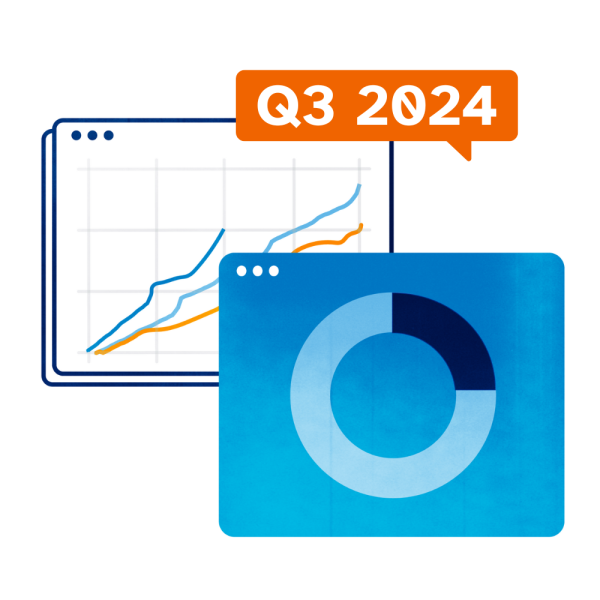If you're a campaign, the real-time numbers and transparency ActBlue provides are things you should embrace.
ActBlue helps your fundraising momentum get noticed as it happens, rather than months later. In September, Rep. Joe Wilson (R-SC) yelled "you lie" at President Obama. 48 hours later his Democratic opponent, Rob Miller, had racked up $1,000,000 on ActBlue. The first $100,000 came in overnight, and the rest poured in over the next 36 hours. For an entire day, Rob Miller was getting $7 a second through ActBlue.
That surge happened because reporters could see it happening in real time. The press coverage–Bloomberg, CNN, Politico–pushed the story out to an even wider audience, and the money kept pouring in. As a result, a race that was off the radar is now the focus of national attention. That's what ActBlue can do for you. You can't control when your opponent will make a mistake, but ActBlue ensures that you won't leave any money lying on the table when they do.
ActBlue isn't just about capitalizing on major fundraising events. It can also help you build a stable base of grassroots support and increase the size of your email list. That means when your opponent messes up, you'll have someone to tell.
When grassroots donors give, they're looking to connect with your campaign, to play a part in something larger than their $15, $20 or $50 contribution. When they give through ActBlue, their contribution is recorded and added to your total in real time. They can see how many other people are a part of this effort, and broadcast your momentum through their own social network using Facebook and Twitter. Using our recurring donation system, you can build a war chest and network of supporters months, even years before an election.
In other words, ActBlue means more donors, a bigger list, and more money
Without ActBlue, when the donor contributes that money disappears into your payment processing apparatus and doesn't see the light of day until months later, when it gets written up in an article about campaign finance that they won't read. They don't feel like they've made a difference, and they're less likely to give again.
That is–quite literally–a mistake you can't afford to make.



